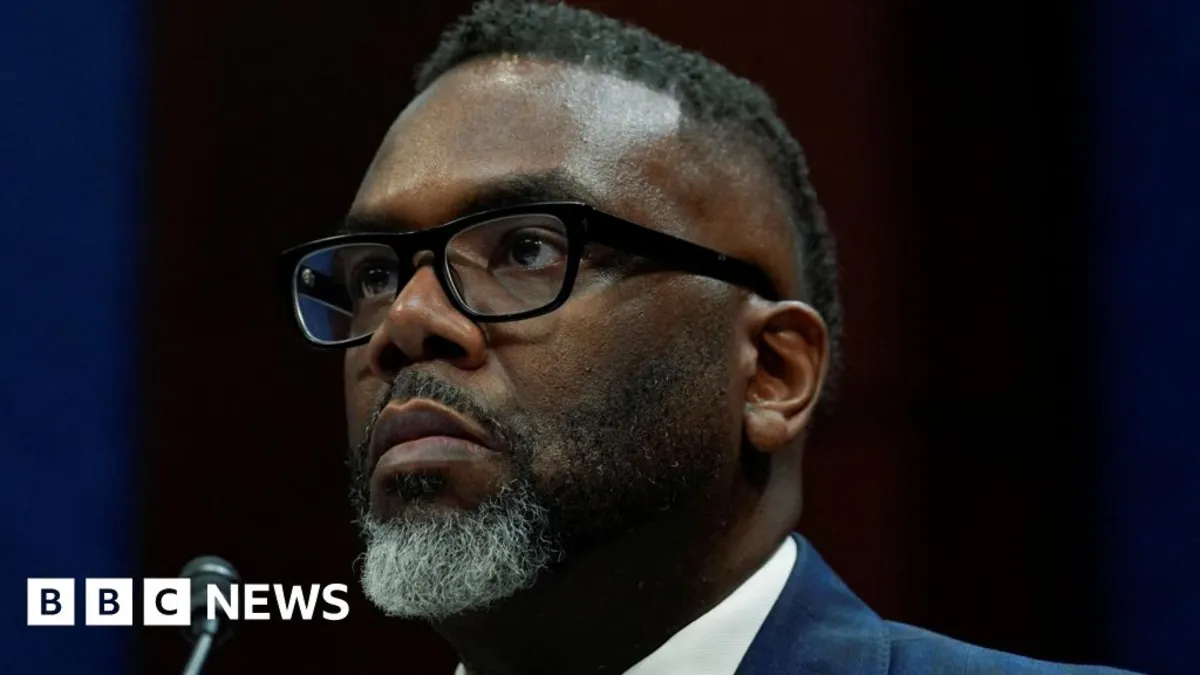
On Saturday, Chicago Mayor Brandon Johnson is set to sign an executive order that outlines the city's initial response to President Donald Trump's anticipated immigration enforcement actions. This order aims to provide clear directives and guidance to city agencies and law enforcement as threats from the federal government escalate.
CNN has reported that the Trump administration is preparing for a significant immigration enforcement operation in Chicago, potentially starting as early as next week. Sources close to the planning have indicated that this operation could mirror previous federal actions in other cities, such as the deployment of the National Guard in Los Angeles during immigration protests.
The executive order explicitly states that Chicago police will not collaborate with federal agents on joint law enforcement patrols, arrest operations, or civil immigration enforcement duties. This directive is designed to protect the rights of Chicago residents amidst increasing federal pressure.
Furthermore, the order calls for federal law enforcement officers operating in Chicago to adhere to specific protocols. These include refraining from wearing masks, utilizing body cameras, and clearly identifying themselves with names and badge numbers. Mayor Johnson emphasized the importance of visible identification for city police during these operations.
In addition to these measures, Johnson's order instructs city departments to explore all available legal and legislative avenues to counteract federal efforts that may infringe upon the rights of Chicagoans. The mayor's demand for Trump to “stand down” from deploying military forces for immigration enforcement highlights the city's commitment to resisting federal overreach.
Johnson has publicly condemned Trump's plans to send federal troops to Chicago, describing them as unconstitutional and costly in a recent interview with CNN’s Anderson Cooper. He questioned the effectiveness of military troops in ensuring community safety, asserting that such measures do not address the root causes of crime.
Illinois Governor JB Pritzker has joined Johnson in criticizing Trump’s proposed federal interventions. During a press conference, Pritzker accused the administration of attempting to undermine democracy by militarizing cities without consulting local leaders. “What possible justification could the White House have for planning such an exceptional action without any conversations or consultations with the governor, the mayor, or the police?” he asked.
In a contrasting viewpoint, Vice President JD Vance remarked during a visit to La Crosse, Wisconsin, that the administration is eager for governors and mayors to request federal assistance. He expressed confusion over why local leaders are more angered by Trump's offer of help than by the crime issues affecting their communities.
As Chicago prepares to navigate these challenging circumstances, Mayor Johnson's executive order represents a significant stand against federal immigration enforcement initiatives. The city’s commitment to protecting its residents' rights will undoubtedly continue to shape the discourse surrounding immigration policy and local governance in the coming days.